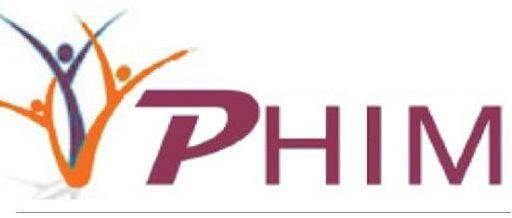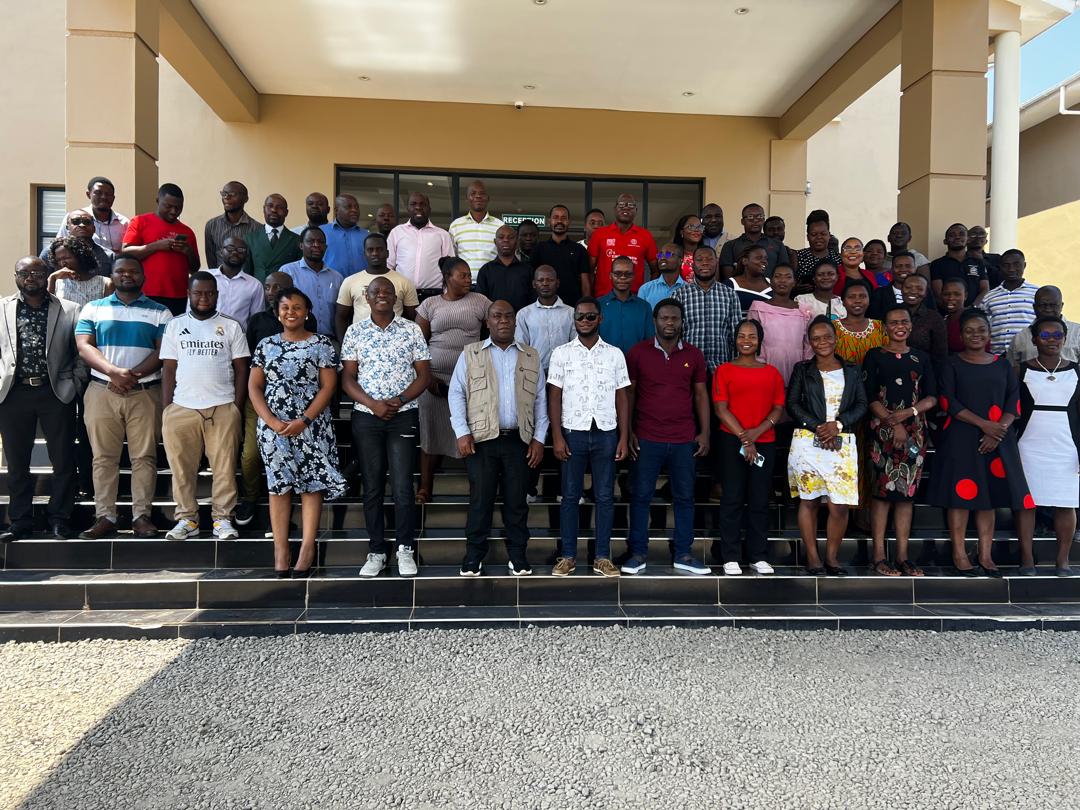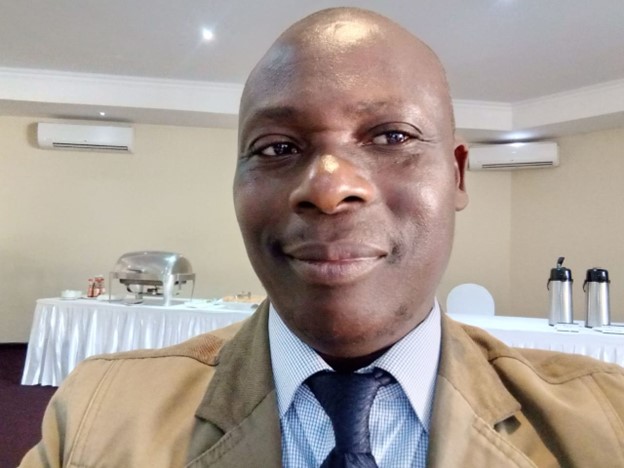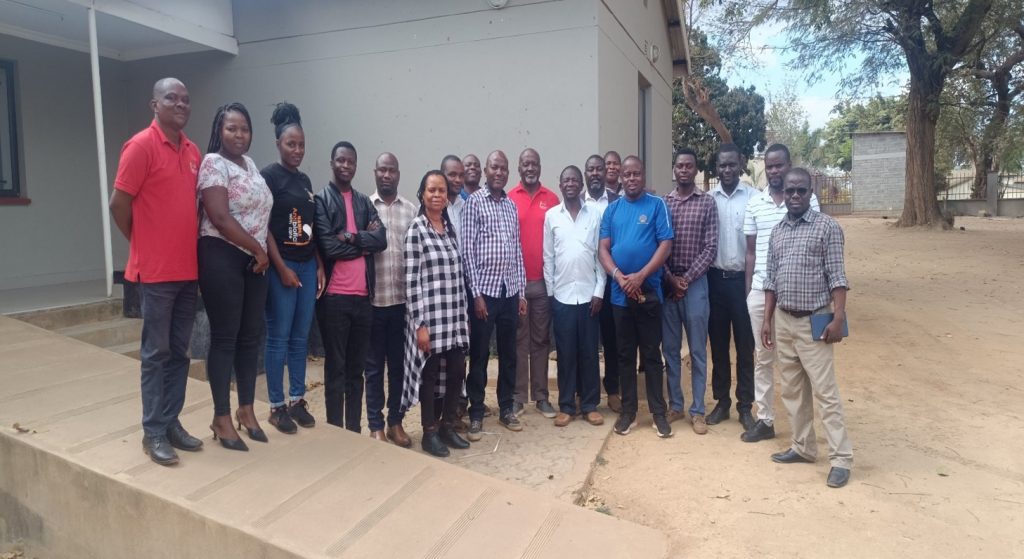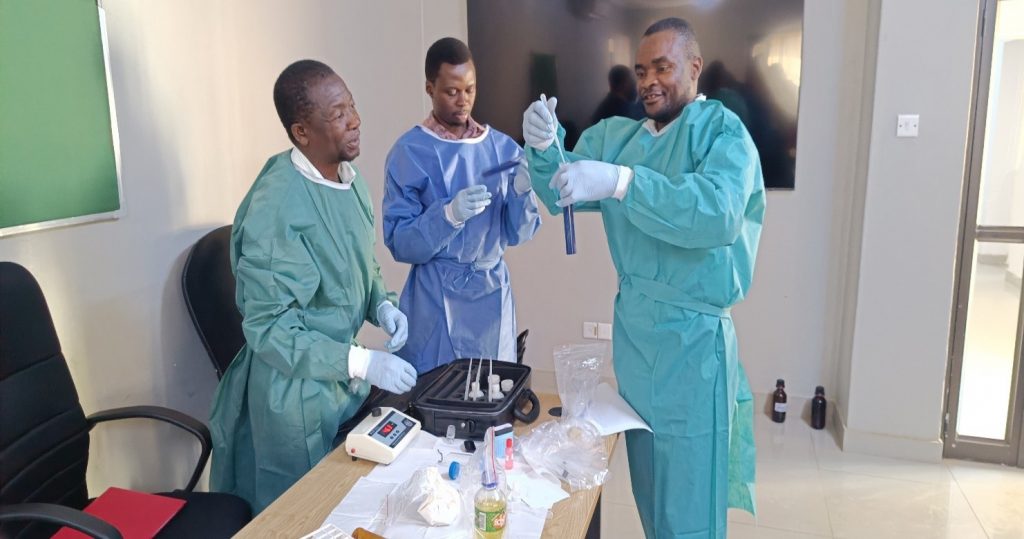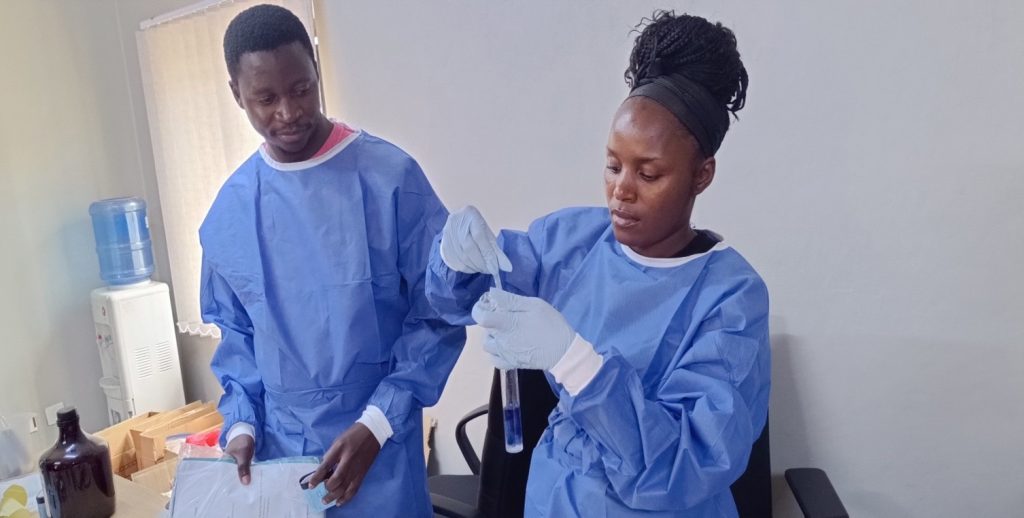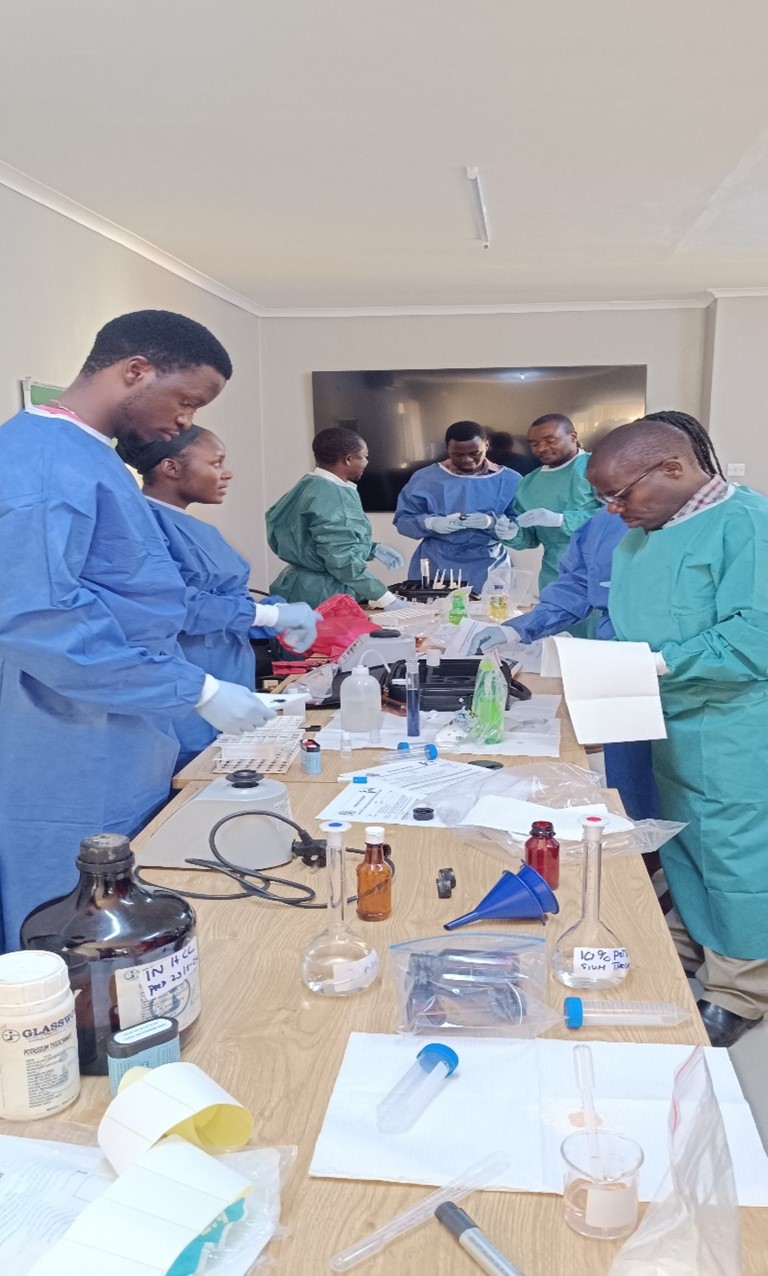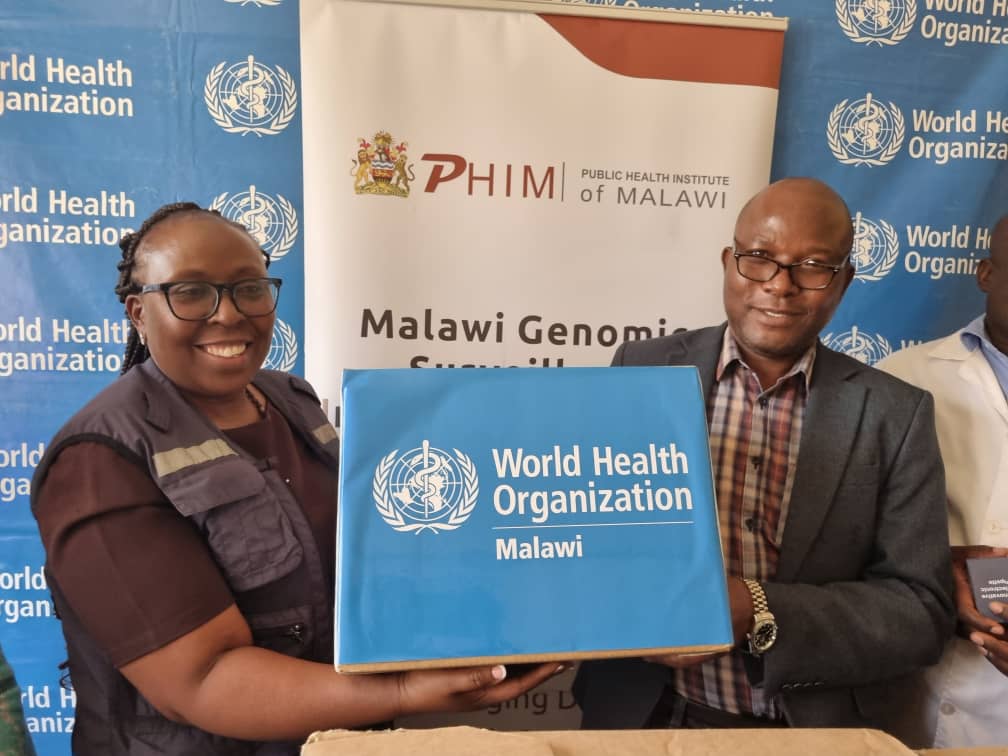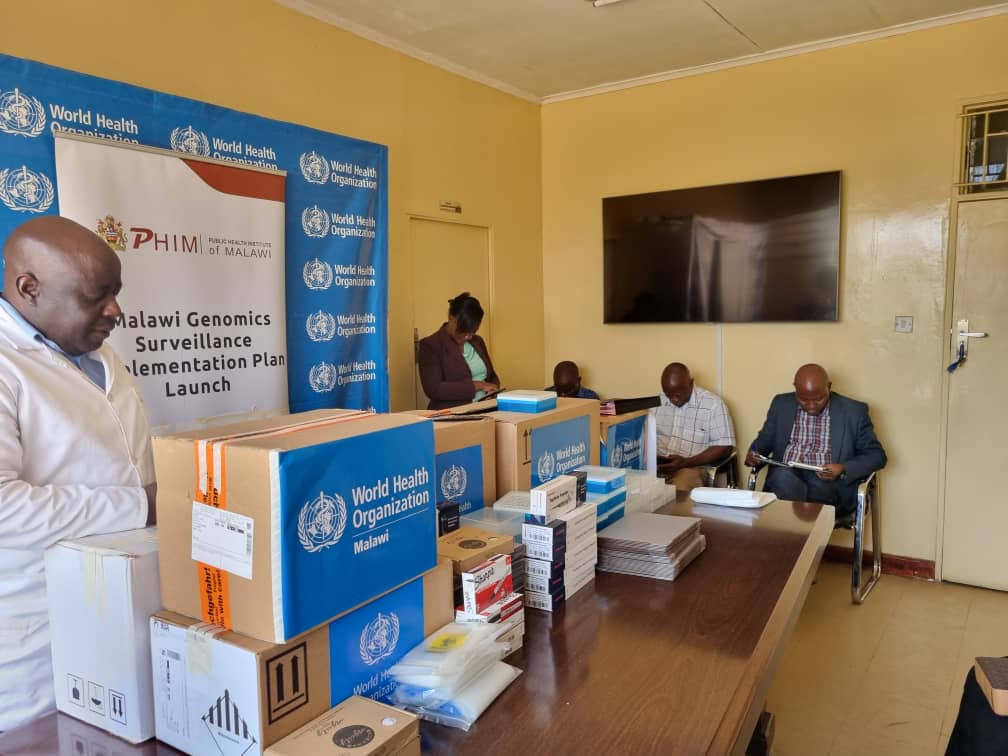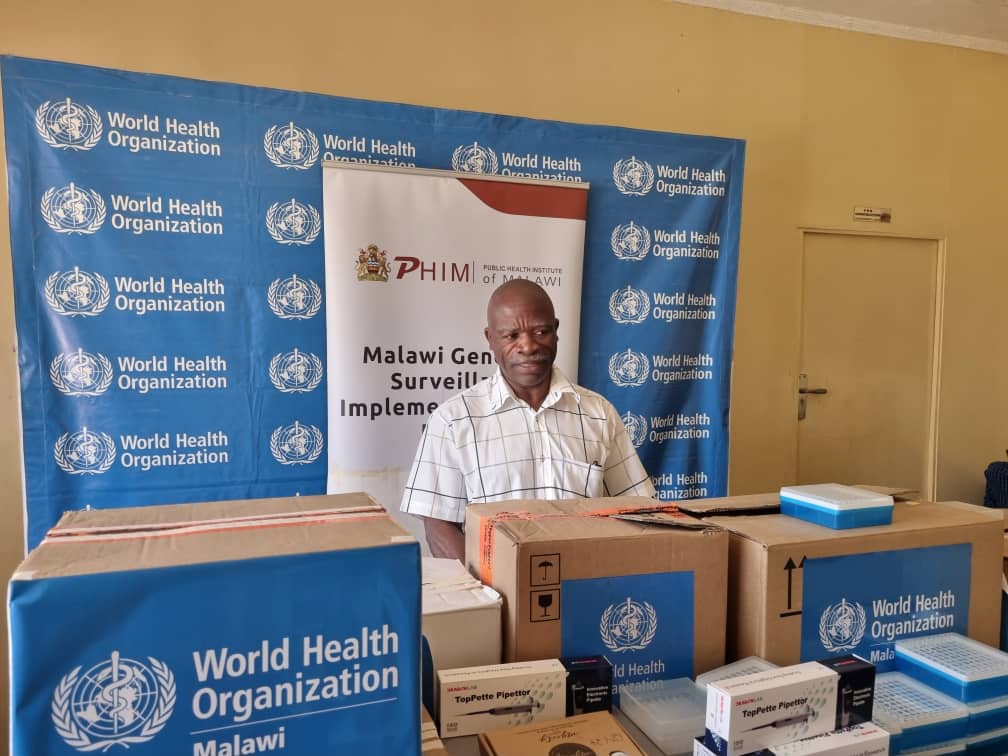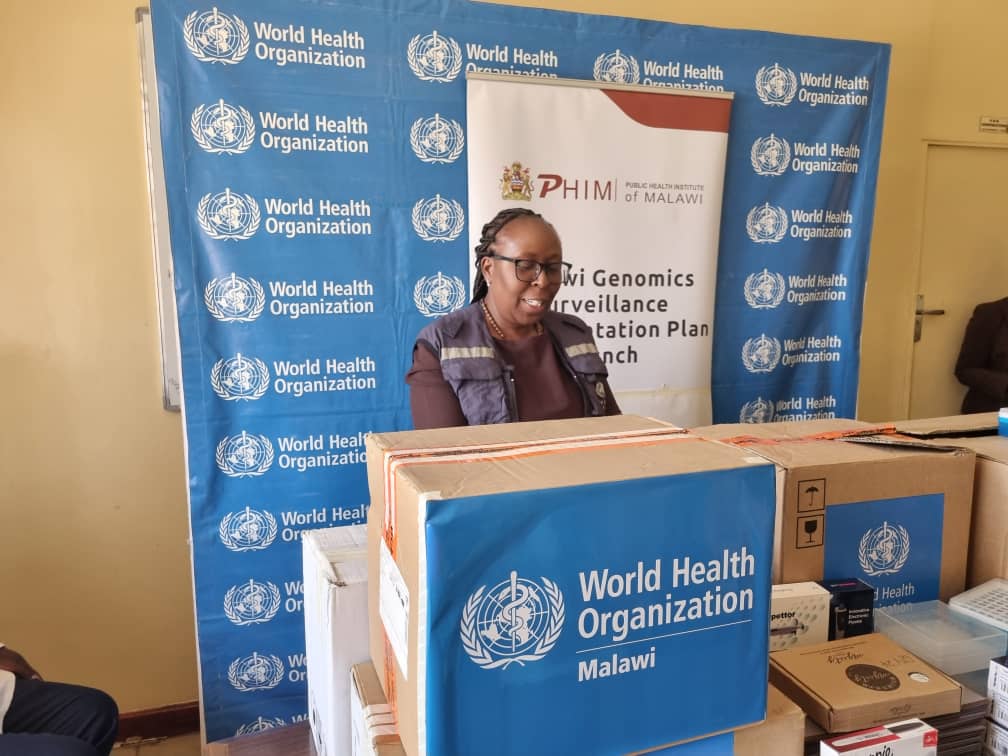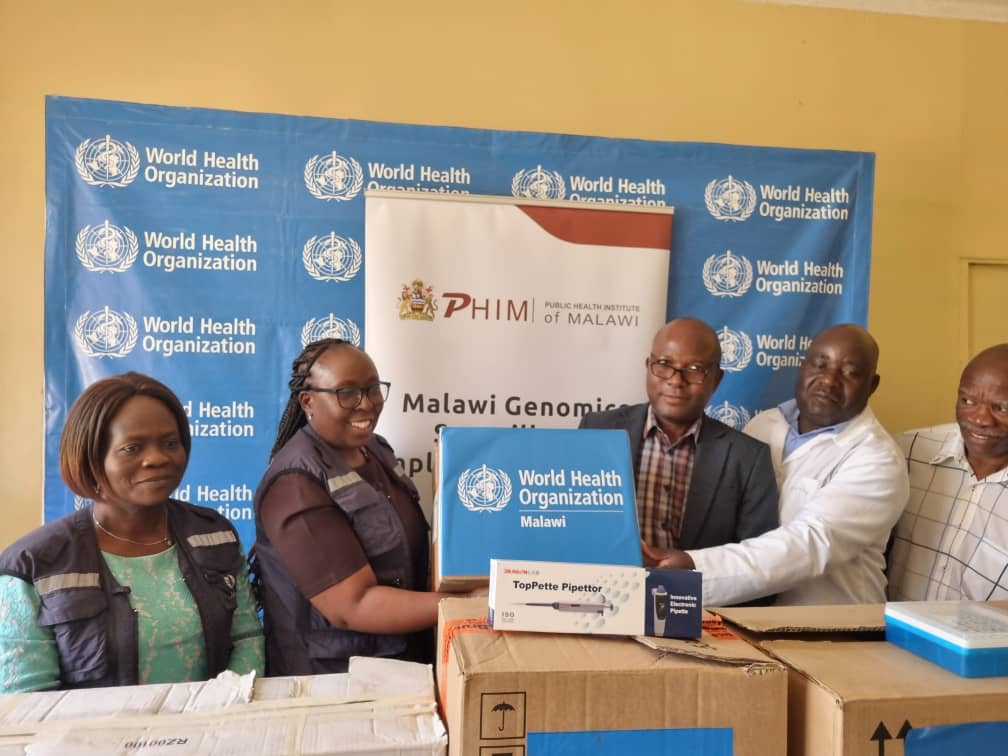Empowering Healthcare Workers to Combat Mpox Outbreak.
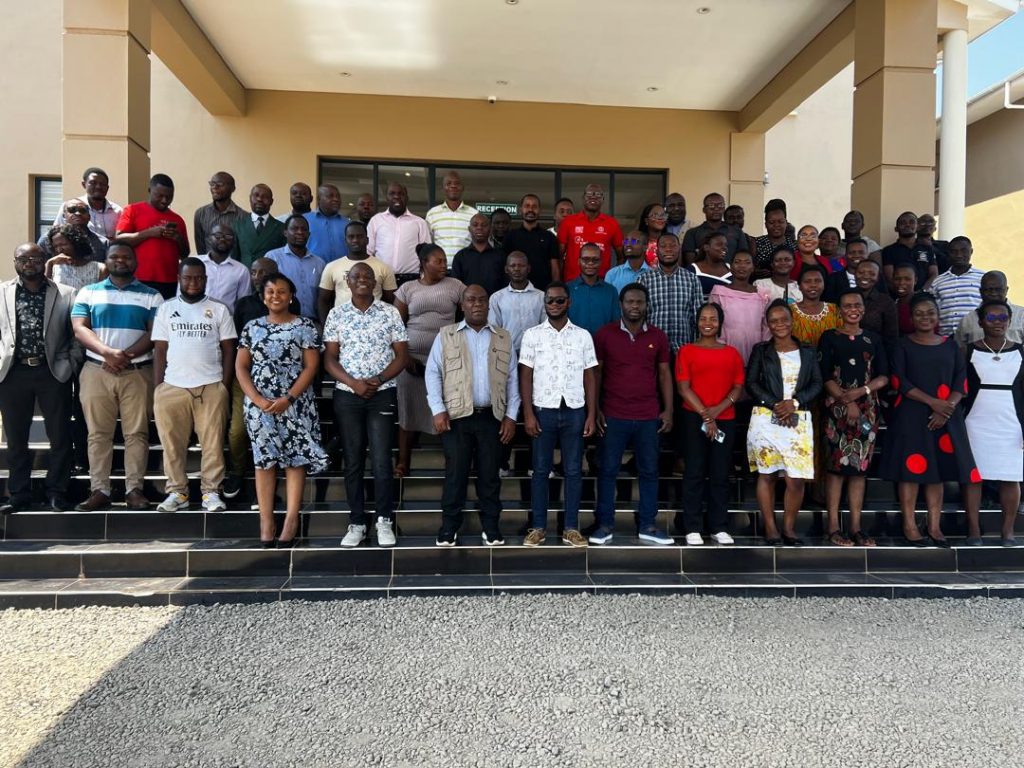
The Public Health Institute of Malawi (PHIM) has recently been conducting sessions of a critical Training of Trainers (ToT) workshop on Mpox countrywide. The Fourth session of the Mpox ToT took place in Mponela, Dowa District from 19th – 20th of Sepetember, 2024. Dr. Annie Chauma Mwale, Deputy Director for PHIM drew attention on, as she made opening remarks, that the exercise aims to strengthen the HCW capacity on districts preparedness for Mpox, as South Africa and Democratic Republic of Congo are reporting Mpox cases.
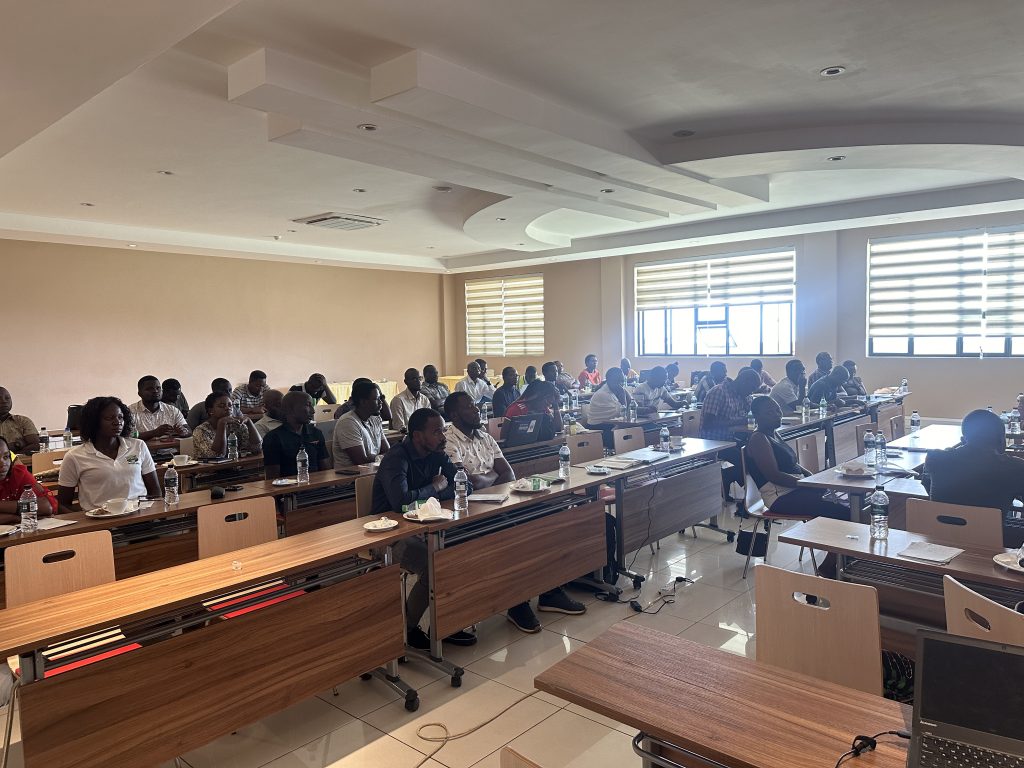
This initiative aimed to equip healthcare workers [Clinicians, IPC Officers, HPOs, IDSR Coordinators, DEHOs, Pharmacists, Dermatologists, HIV Officers, Point of Entry Officers and Laboratory Officers] from Ntchisi, Kasungu, Rumphi, Likoma, Nkhotakota, Salima with the essential knowledge and skills to effectively manage and prevent the spread of the Mpox virus.
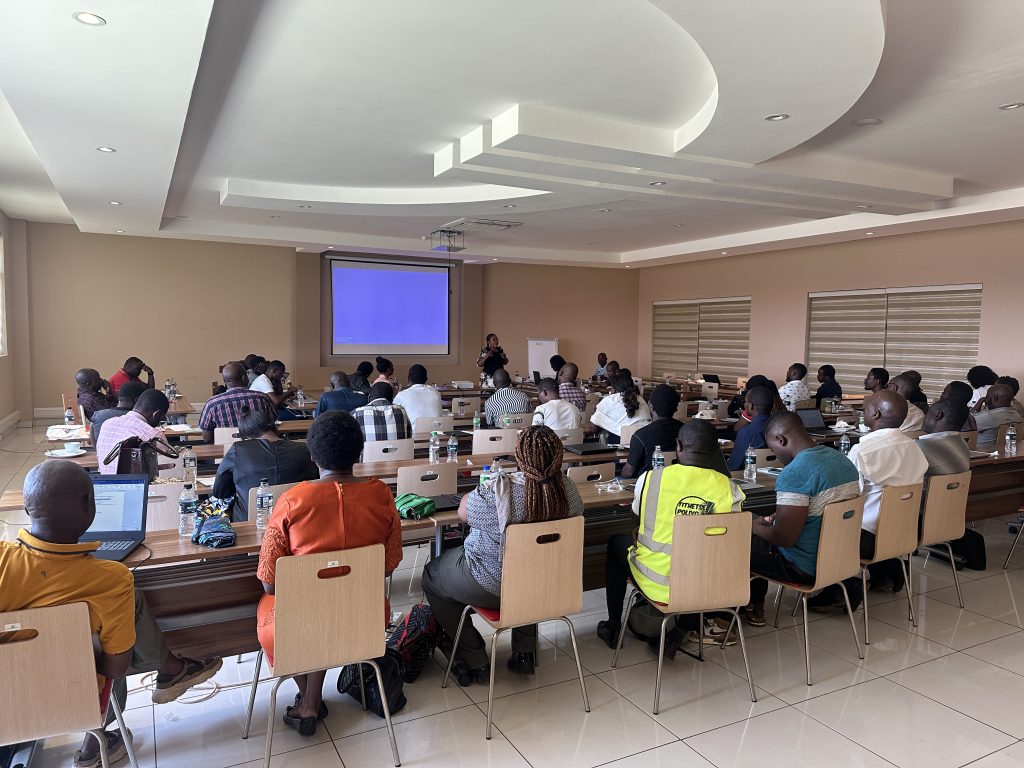
The ToT program covered a wide range of topics like Mpox epidemiology and transmission: Understanding the nature and spread of the virus. Clinical presentation and diagnosis: Recognizing the signs and symptoms of Mpox. Case Management and treatment: Implementing appropriate care and treatment strategies. Public health response: Coordinating prevention and control measures, and many more.
By training healthcare workers as trainers, PHIM is empowering the Healthacare workers in the districts to cascade their knowledge and skills to a wider network of frontline health workers, ensuring a more comprehensive response to the Mpox outbreak. The Mpox ToT workshop is a significant step towards strengthening capacity to combat the virus and protect public health of the Republic of Malawi.
